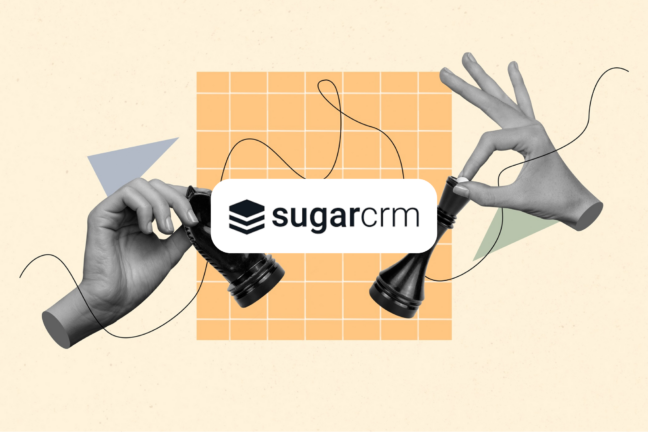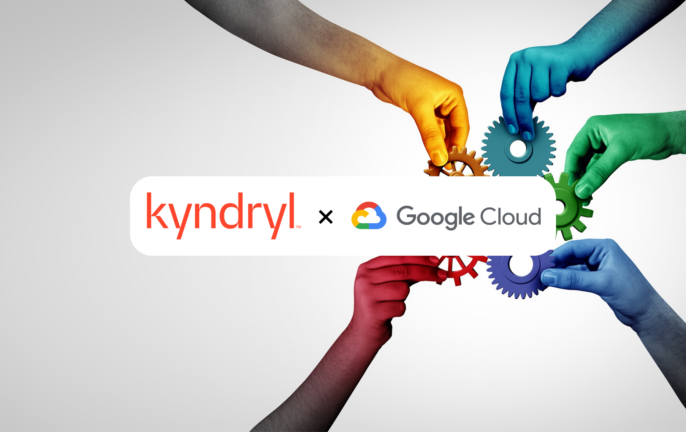Marketing teams have welcomed AI with open arms - and rightly so, considering its use cases in marketing efforts. AI helps collect data, learns customer behaviors, and analyzes this information to help a business achieve its goals. What more can a marketing executive wish for? Not to mention all the generative capabilities AI offers. Goodbye, creative blocks!
Twilio Segment's 2023 Growth Report study reveals that 88% of businesses already use some form of AI in their marketing endeavors. Further, over half of them expect to spend more on AI-powered campaigns in the next year.
The findings show marketing teams are - or plan to - using AI in the form of automated chatbots (38%), to build intelligent customer journeys for campaigns (26%) and to automatically create personalized product recommendations (24%).
One use case that particularly stands out is predictive AI - which uses current and historical data to identify patterns and improve decision-making. Thirty-four percent of respondents use predictive AI features as a "core business decision engine."

Positive outlook
AI promises the world, and organizations expect just that - and more. Over the past year, AI has delivered significant benefits across four key areas: time/cost savings, process improvement, increased customer satisfaction, and competitive advantage.
The findings reveal that 90% of organizations believe AI will deliver either time or cost savings for their business. In comparison, 66% believe that customers will welcome the use of AI in their marketing efforts if it delivers better experiences. Those organizations that have already implemented AI in their campaigns have struck gold. Fifty-three percent of businesses said some of their most successful campaigns last year included AI.
The report emphasizes the importance of data for seeing results with AI. Namely, 85% of businesses cite first-party data as a top priority when it comes to leveraging AI.
Data quality - key to unlocking AI
CRMs and CDPs (customer data platforms) are the fundamental elements of keeping data organized and fresh. Having immediate access to quality data enables organizations to tweak campaigns in no time while AI does the heavy lifting.
Yet, 40% of businesses are struggling with technology infrastructure or low-quality data. Moreover, 71% of respondents say AI could be more useful with access to higher-quality data.
“AI has taken the world by storm in 2023, and the data is clear that businesses have embraced the technology wholeheartedly as a means to attract, engage, and retain customers. The challenge now is ensuring that these AI efforts bear fruit. Businesses have to prioritize data quality just as much, or even more, than they’re prioritizing AI. Otherwise, they’re leaving money on the table,” said Katrina Wong, VP of Marketing at Twilio Segment.
The impact of CDPs is undeniable: companies using a CDP experienced a 32% growth rate in the past year, compared to a 21% growth rate at companies not using a CDP. These platforms unify customer data that is collected across the organization, offering brands a single source of truth for their customers’ needs.
Speaking of customer data, privacy remains a concern. More than half (66%) of respondents feel that customers would appreciate AI-enhanced marketing if it means superior service. However, 28% express concerns about data privacy associated with AI adoption. Fortunately, most businesses (85%) say it’s a priority to do a better job of capturing and leveraging first-party data in the coming year.









